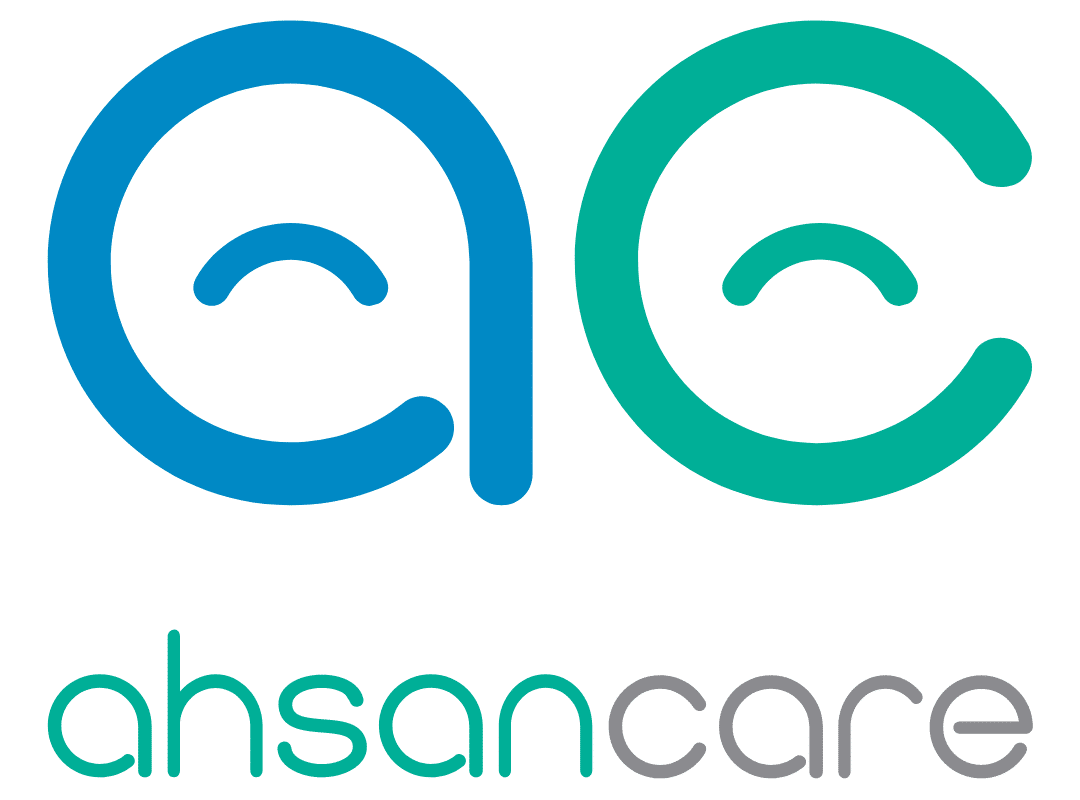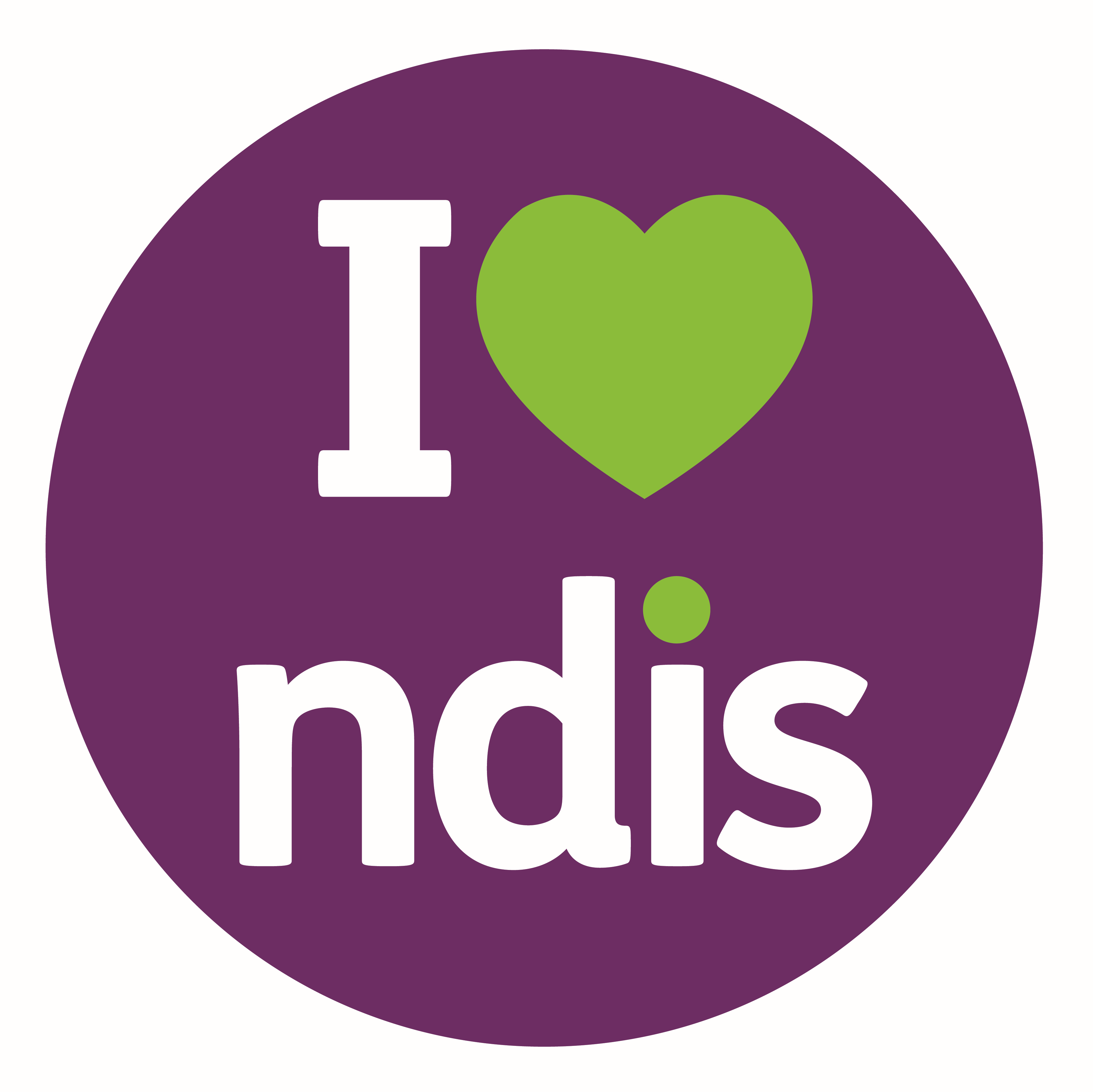Access to transportation is a fundamental part of daily life. For people with disabilities, however, reliable and accessible transport services for disabled individuals can often be a challenge. This article will explore the common challenges people with disabilities face in transport, how the NDIS supports them through transport funding, and the best transport services available.
What are the common challenges people with disabilities face in transport?
For people with disabilities, transport is not just about getting from point A to point B—it’s about independence, access, and participation in society. However, numerous barriers still exist:
- Limited access to accessible vehicles: Many public transport vehicles are not wheelchair accessible, and even when they are, they may not accommodate certain mobility aids, like larger wheelchairs or scooters.
- Lack of support at stations or stops: Public transport infrastructure, such as stations, may lack assistance for passengers who need help boarding or disembarking.
- Inconvenient schedules: Public transport services often don’t run at times convenient for people with disabilities, particularly those who require transport for work, education, or medical appointments.
- High costs of specialised transport: Some individuals may need to rely on private taxis or hire cars, which can be prohibitively expensive for those on limited incomes.
- Inadequate driver training: Many transport operators may not have sufficient training to assist passengers with disabilities, which can lead to challenges in providing appropriate assistance.
While these challenges persist, the Disability Discrimination Act 1992 ensures that individuals with disabilities have the right to access services, including transport, without facing discrimination, providing a legal framework that supports equal access and inclusion.
How does NDIS-funded transport support individuals with disabilities?
The NDIS is an essential program that helps Australians with disabilities access the services they need to live independently. Through the NDIS, participants can access transport support, which includes funding for:
- Transport to essential activities: NDIS-funded transport can cover travel expenses for attending medical appointments, social events, or community participation.
- Support for specialised transport needs: For those who require accessible taxis, vehicles with lifts, or other forms of transport tailored to specific mobility needs, the NDIS provides funding.
- Independent travel support: The NDIS also offers support to help individuals travel independently, including travel training or adaptive technologies such as mobility aids or communication devices.
- Flexibility: NDIS allows participants to choose the transport services that best suit their needs, offering them greater control over how they travel.
This funding ensures that transport issues do not hinder individuals with disabilities and that they can continue to access essential services and participate in the community.
What are the best transport services for disabled individuals?
Here’s a quick guide to the best transport services for disabled individuals:
Service Type | Description |
Specialist Transport Services | Accessible vehicles, including wheelchair vans |
Public Transport | Trains, buses, and trams with accessibility features |
Community Transport | Door-to-door services for non-urgent travel |
To determine which modes of public transport are most accessible, it’s essential to consider features like ramps, low floors, and designated seating for individuals with disabilities.
How can you arrange NDIS transport assistance for daily activities?
Accessing NDIS-funded transport assistance for daily activities involves a few straightforward steps:
- Discussing your needs: Start by having a conversation with your NDIS planner or support coordinator about your transport needs. Explain your challenges and what activities you need assistance with.
- Customising your NDIS plan: Once your needs are understood, your NDIS plan can be tailored to include transport funding. This funding may cover public transport, taxis, or even private transport services.
- Researching transport services: After transport assistance is included in your plan, it’s time to explore available services. Transportation issues for wheelchair users in Australia often include limited accessible options and inadequate infrastructure in some areas, so it’s crucial to select a service that meets your specific mobility needs.
- Accessing services: With your plan in place, you can begin using the transport services that best suit your needs, whether it’s public transport with accessibility features or a specialised provider.
- Monitoring and adjusting: If your transport needs change, you can discuss adjustments with your support coordinator and update your NDIS plan.
These steps ensure that transport assistance is streamlined, making daily activities more accessible for individuals with disabilities.
Can you get support for independent travel through NDIS?
The NDIS also offers support for independent travel, which empowers individuals to manage their mobility with less assistance. Types of support include:
- Travel training: This initiative teaches participants how to use public transport safely and independently, helping them to navigate different transport modes with confidence.
- Adaptive technology: The NDIS can fund mobility aids, communication devices, or other assistive technologies that enable independent travel.
- One-on-one support: In some cases, participants may require additional support while learning to travel independently. NDIS can fund personal assistance during critical travel moments, such as navigating complex transport hubs.
Independent travel fosters confidence and allows individuals to maintain a greater degree of autonomy, improving overall quality of life.
How can you find reliable transport services for disabled individuals under the NDIS?
Finding the right transport service is critical for ensuring smooth and reliable travel. To identify trustworthy NDIS transport services:

- Consult your support coordinator: A support coordinator can help you find expert NDIS transport providers that are specifically tailored to your needs.
- Research local providers: Several providers specialise in accessible transport for people with disabilities. Check with disability organisations and online resources for recommendations.
- Read reviews: Checking online reviews and testimonials from other NDIS participants can help you make informed decisions.
- Ensure flexibility: Look for flexible scheduling services, particularly for last-minute changes to appointments or activities.
By following these steps, you can ensure that the transport services you select will meet your needs effectively.
How does personalised transport support improve daily life?
Personalised transport support profoundly impacts an individual’s daily life, improving independence, participation, and overall well-being. Some of the benefits include:
- Increased independence: Personalised transport services give individuals greater autonomy over their daily routines and reduce reliance on others for transport.
- Improved social inclusion: When transport is accessible, individuals are more likely to engage in social activities, attend appointments, and remain connected to their communities.
- Better mental health: The ability to travel independently fosters confidence and reduces feelings of isolation, promoting improved emotional well-being.
- Greater quality of life: Accessible transport empowers individuals to pursue their goals, whether they involve work, education, or social activities, improving their overall quality of life.
What steps can you take to improve your transport experience?
To make your transport experience as smooth as possible, consider the following tips:
- Plan your trips: Pre-book transport where possible to avoid unexpected disruptions.
- Know your rights: Be aware of your rights as an NDIS participant and ensure that transport services comply with accessibility standards.
- Seek advice: Talk to other individuals who have used NDIS transport services for recommendations on reliable providers.
- Use technology: Many apps and online platforms can help you find accessible transport options and keep track of your bookings.
By taking these steps, you can ensure that your transport experience is as seamless and accessible as possible.
Expert NDIS transport services from Ahsan Care Provider
At Ahsan Care Provider, we understand the importance of accessible transport in achieving independence and social inclusion. We are committed to helping individuals with disabilities access reliable and tailored transport services under the NDIS. Our team works with you to ensure that your transport needs are met so you can live your best life.
Our clients often highlight the unique, compassionate care that we provide. One client shared their experience, saying the genuine relationships built with our clients truly set Ahsan Care apart. While our team is professional, clients also feel a real sense of compassion and understanding, making their transport experiences smoother and more comforting. This feedback reinforces our commitment to providing personalised, caring, and professional support that goes beyond expectations.
Contact Ahsan Care Provider for NDIS transport support. Learn how our NDIS-funded services can improve your mobility.


